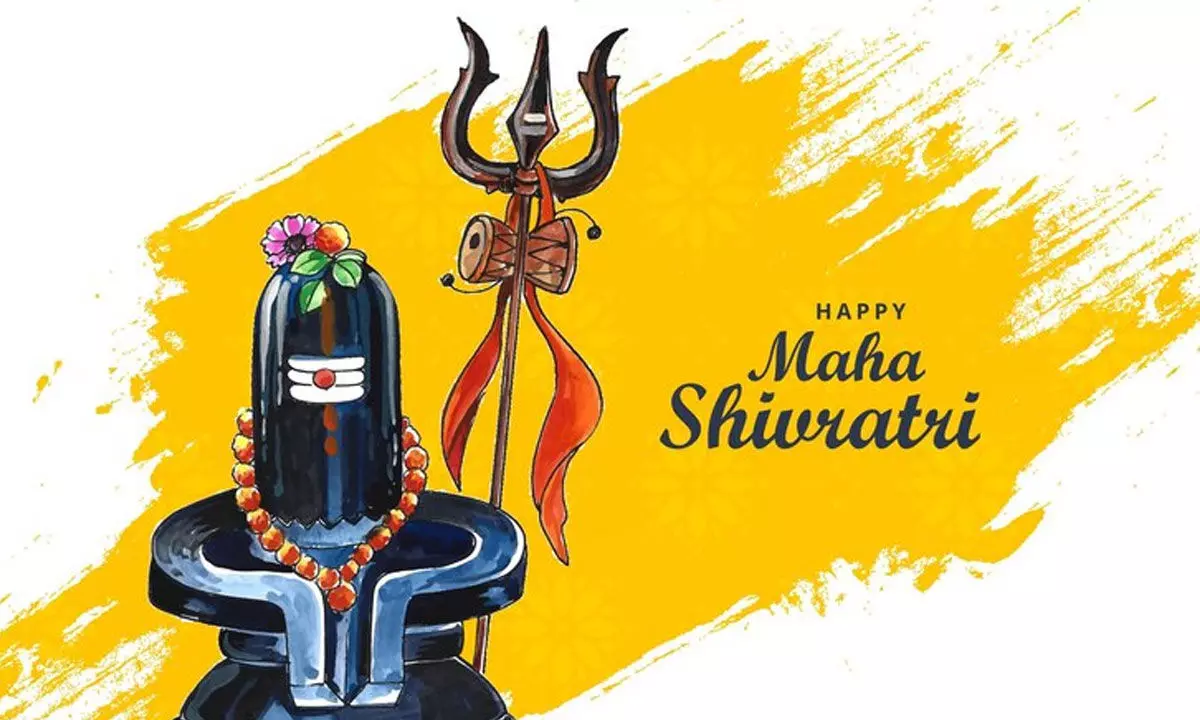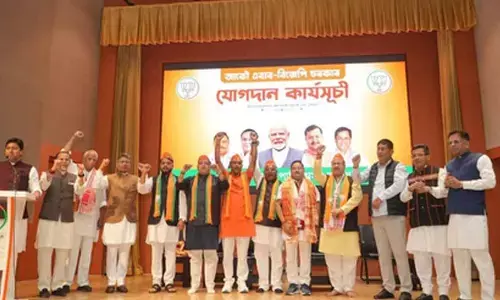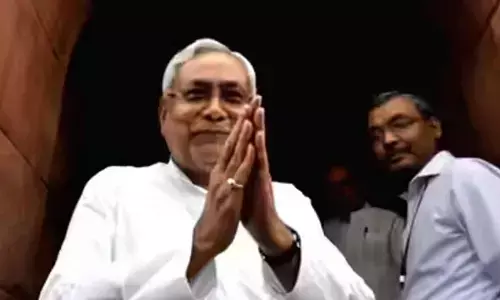Maha Shivratri 2024: Date, history, significance and celebrations

Maha Shivratri 2024
Maha Shivratri, an eminent occasion in the Hindu calendar, is swiftly approaching, promising a night of devout observance and fasting in reverence of Lord Shiva.
Maha Shivratri, an eminent occasion in the Hindu calendar, is swiftly approaching, promising a night of devout observance and fasting in reverence of Lord Shiva. This festival holds profound significance for devotees, marked by varied traditions observed with great zeal nationwide. On this auspicious day, adherents embark on a day-long fast, engage in meditation, visit Shiva temples, recite mantras and prayers, and partake in rituals emblematic of Lord Shiva's worship. The festival symbolizes purification of the body, mind, and soul, heralding fresh beginnings and spiritual rejuvenation. Fasting during Maha Shivratri is considered spiritually auspicious, akin to year-long devotion to Shiva, offering a path to salvation and absolution of sins, while also fostering inner peace and the attainment of worldly goals.
Maha Shivratri 2024: Date and Historical Significance
Maha Shivratri holds prominence among the Masik Shivratris observed monthly. Falling on the fourteenth day of the waning lunar month of Phalguna or Magha, a day preceding the new moon, this year's observance is slated for March 8, 2024, Friday. Rich in lore, Maha Shivratri is steeped in legends recounting the sacred union of Shiva and Parvati, as well as tales of Shiva's pivotal role in consuming the Halahala poison during the Samudra Manthan, resulting in his iconic blue-necked appearance as Neelkantha. Yet, the most renowned legend narrates the divine union of Lord Shiva and Mata Parvati, celebrated as Maha Shivratri.
The Significance of Maha Shivratri
Beyond its popular appeal, Maha Shivratri carries profound significance. Fasting during this time aids in transcending ignorance and achieving self-realiation, facilitating liberation from the cycle of birth and death. Sincerely observing this fast can absolve past sins and karmic burdens, offering a fresh trajectory in life. Thus, Maha Shivratri serves as a moment for introspection and spiritual renewal, fostering a deeper connection with the divine for spiritual evolution.
Celebrations of Maha Shivratri
Maha Shivratri is celebrated fervently across the nation, with the reverberating chants of "Om Namah Shivay" filling the air, evoking an ambiance charged with devotion and divine energy. From Kashmir to Tamil Nadu, unique traditions mark the occasion, exemplifying devotees' unwavering dedication to Lord Shiva. Vibrant festivities encompass melas, jagratas, and day-long fasts, as devotees fervently pray and commune with the divine. Throughout the night, devotees participate in jagrans, believed to dispel darkness and ignorance. Offerings such as belpatra, dhatura, milk, fruits, and sweets adorn Shiva's altar, while adherents observe a fast from sunrise to sunset. References to Maha Shivratri can be found in ancient texts such as the Skanda Purana, Linga Purana, and Padma Purana, underscoring its enduring cultural and spiritual significance.
Various regions in India observe Maha Shivratri in distinct ways. Odisha hosts Jagara ceremonies, Gujarat organies Maha Shivratri melas, and Punjab showcases Shobha Yatras led by Hindu organiations. Additionally, unmarried girls in Odisha and West Bengal observe fasts to seek suitable spouses and a harmonious married life.




